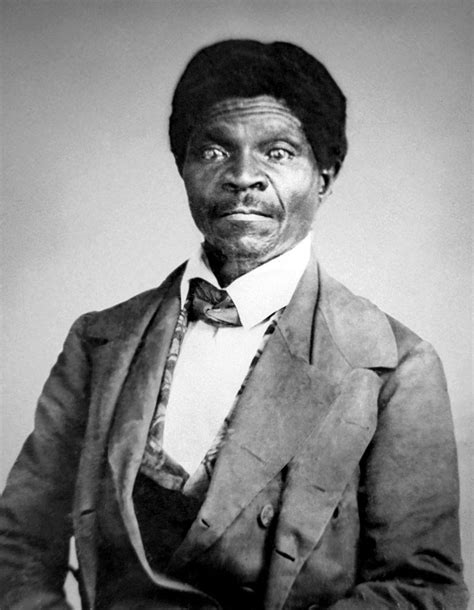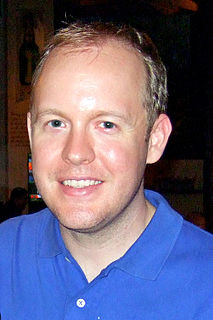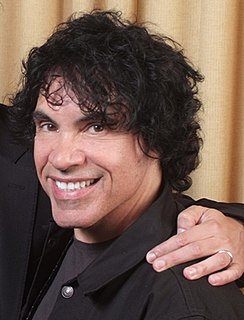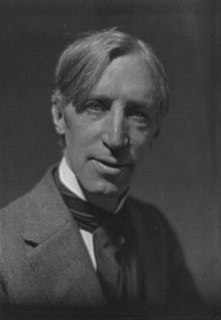A Quote by James Surowiecki
The problem is that groups are only smart when the people in them are as independent as possible. This is the paradox of the wisdom of crowds.
Related Quotes
Groups are only smart when there is a balance between the information that everyone in the group shares and the information that each of the members of the group holds privately. It's the combination of all those pieces of independent information, some of them right, some of the wrong, that keeps the group wise.
If the various groups in America had been less selfish and had permitted different representatives from the groups to travel into foreign countries, and broaden their own scope, and come back and educate the movements they represented, not only would this have made the groups to which they belonged more enlightened and more worldly in the international sense, but it also would have given the independent African states abroad a better understanding of the groups in the United States, and what they stand for, what they represent.
Despite the insanity of using whether you would want to have a beer with someone as a legitimate reason for voting for or against them, I always felt that is indicative of a massive problem in politics: It matters as much what your personality is as how smart you are or how good you are at your job. That is a huge, huge problem. A lot of people who are very smart or very good at their jobs are not people I would want to ever have a beer with - but I would want them making massive policy decisions with huge implications for the future of the planet.





























